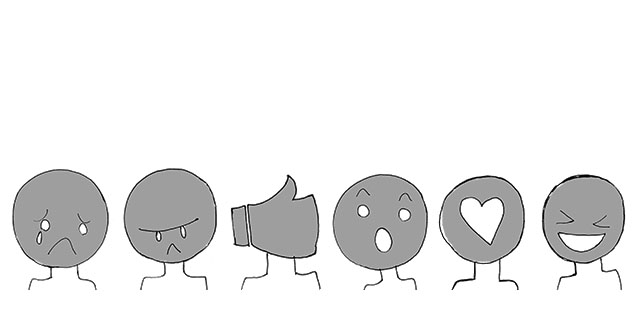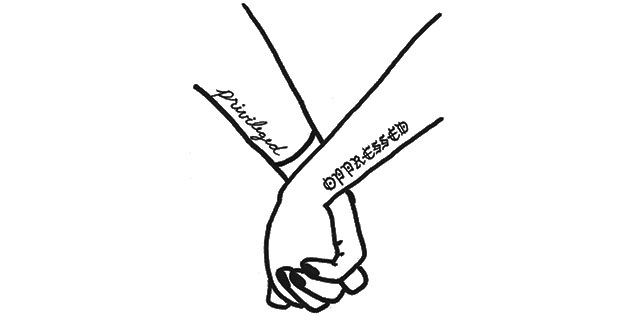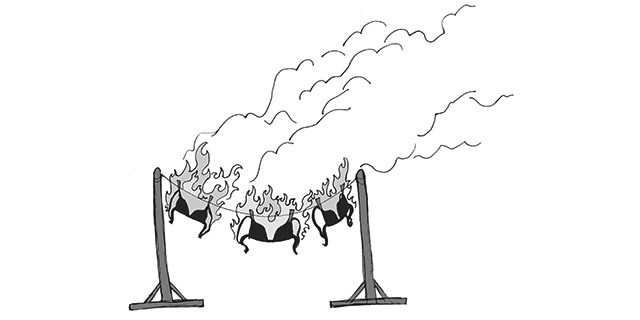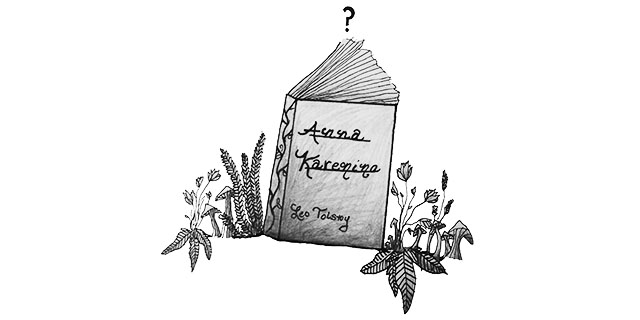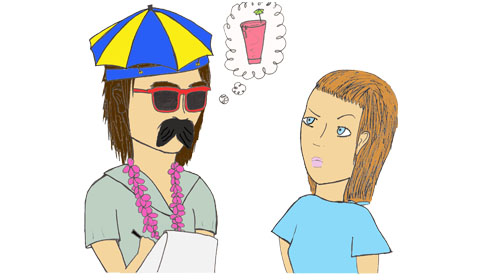
When I was ten, I was diagnosed with scoliosis. scoliosis is a medical condition that causes a curvature of the spine, or in common terms, “a screwed up back.” I cannot stress how little of an effect it has on my life. It doesn’t affect my range of motion or comfort. My posture is abysmal, but not because of the s coliosis. You can faintly see the curve in my spine if I’m wearing a swimsuit or a backless dress, and the most perceptive observer might notice a slight difference of the degree of indentation of my waist or the height of my shoulders. It’s really only the kind of thing you notice if you’re looking.
At the time of my diagnosis, my pediatrician immediately referred me to an orthopedist. The orthopedist was an old guy with long hair and big glasses who liked to wear those ties with little cartoon kids’ faces all over them. He said that we’d have to wait and see how my case progressed before making any decisions–a maxim I would hear again and again and again from the mouths of various orthopedists and chiropractors and physical therapists over the years. Child-tie orthopedist then told me that I’d probably have to wear a brace under my clothes to correct my weirdo back until I stopped growing, most likely when I turned 14 or 15. The brace was a huge, unwieldy piece of plastic that was wildly unattractive and shockingly expensive.
I ended up switching orthopedists, from the doctor with long hair and big glasses to a blunt woman who sugar coated nothing for the benefit of my juvenile and somewhat hysterical ears. On our first visit I told her how the previous orthopedist had threatened me with a brace, and she told me, professionally, that the other doctor was an idiot and that the brace wouldn’t have helped in the slightest because the curvature in my spine was higher up than where the brace would have sat. She instead recommended some exercises to strengthen my back muscles and help prevent further curvature of the spine. Had I blindly trusted the child-tie orthopedist, I most likely would have spent the entirety of middle school and much of high school unnecessarily strapped into a hideous, corset-like piece of plastic, probably making me the butt of jokes during a time when I was already super insecure about most everything.
Had I not been forced to change orthopedists, I most definitely would have trusted the first doctor and worn that brace. And what would have caused my lemming-like faith in this man? I would suggest a societal presumption that experts–doctors, therapists, government officials, style advisors, even teachers–are always, eternally, unerringly right. Yes, they have education and the experience that I do not, but they are ultimately human and sometimes make mistakes.
I imagine that it would be easy for the seasoned professional to fall into a close-minded rut of decisions. When someone sees so many cases that all begin to appear similar, it’s understandable how they might begin to operate on autopilot. Child-tie orthopedist must have seen hundreds of scoliosis cases almost exactly like mine that were greatly helped by a brace, and so of course he thought that a brace would help me, too. He was wrong of course, and that’s why I believe it is absolutely critical to get a second opinion to back up any advice or guidance offered to you by an expert before you use that advice to make an important choice.
Beyond that, experts always have a bias. The idea of an objective consultant from whom you can glean accurate and unbiased guidance is but a comforting myth. They might try and deny it or avoid it, but biases will influence everyone’s decision no matter how much education and experience they might have. That bias could take the form of anything from political slant to interest in their own monetary gain. It’s not incomprehensible to imagine some sort of expert exaggerating the severity of a situation to force a client to return to (and pay) the professional again, and then again and again. I’m not trying to imply that every time a doctor says you’re sick and should get medical attention immediately, he or she is trying to swindle you, but you know what I mean. It is also important to bear in mind that bias is a two-way street. Was ten-year-old-me a little too quick to mark the second orthopedist’s judgment as the right one because she told me what I wanted to hear? Or did I truly find her analysis to be more objectively convincing?
I don’t know, and I don’t think I knew at the time. Biases tint our judgment without our realization no matter who we are, and a healthy dose of caution is nothing but beneficial when taking advice from anyone. Taking advice from an expert is no different.







